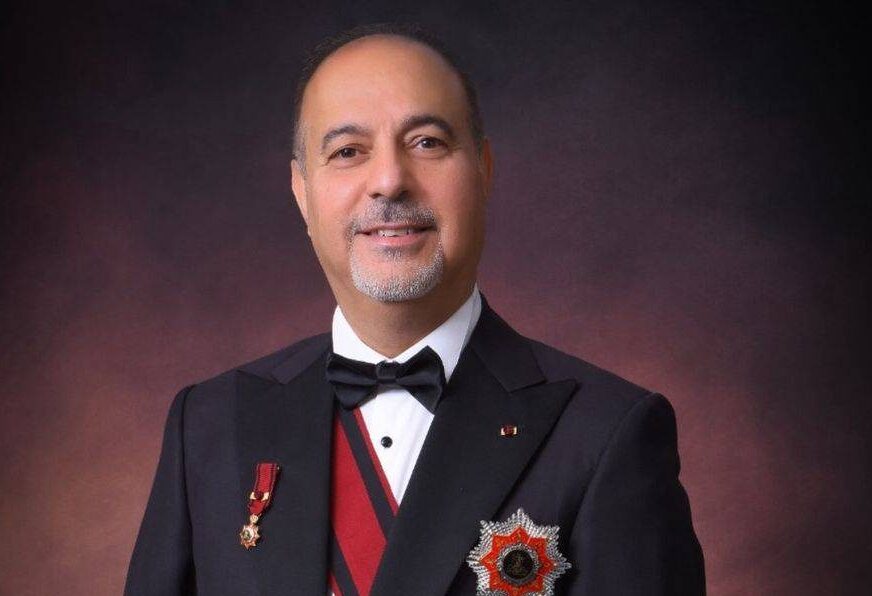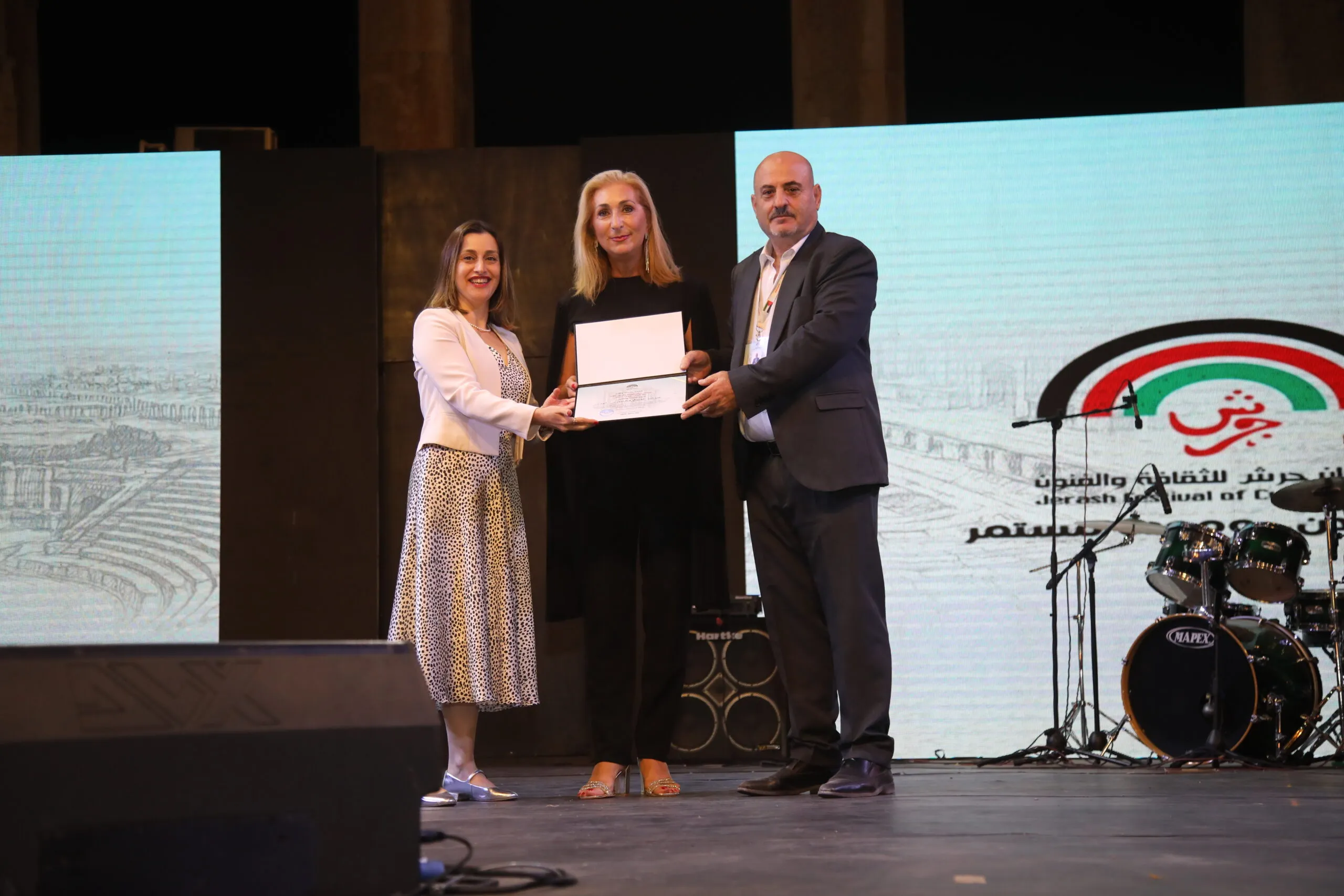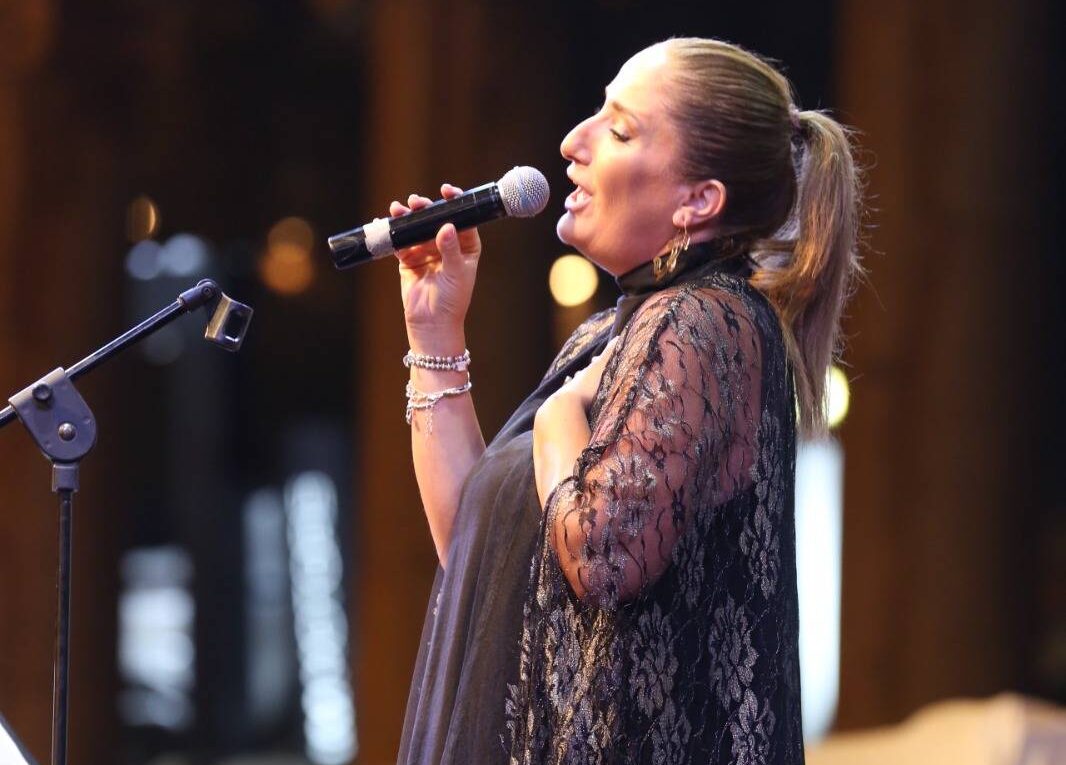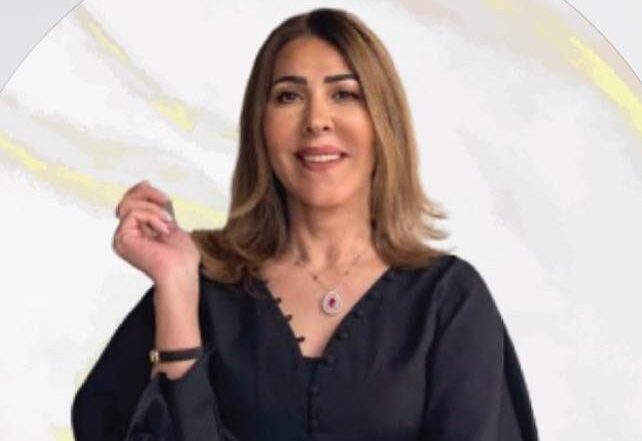In Jordan’s cultural landscape, where history and heritage breathe through every stone and melody, one name rises with unmistakable resonance, Dr. Haitham Sukkarieh, professor, composer, conductor, who has dedicated his life to crafting music that does more than enchant the ear; it defines identity.
Sukkarieh ‘s symphonies are not only celebrations of sound, but living narratives that weave together past and present, East and West, with a master’s precision and a dreamer’s passion.
“I did not come from a musical family,” Sukkarieh tells Anovia, “but from one deeply rooted in culture and the arts. From childhood, music pulled me closer with every note. In my school scouting days, I played the organ and accordion. Later, during my university years—when I studied civil engineering at my parents’ request—I founded a band with friends called Happy Day.
But two years in, I knew my path was elsewhere. Music was not just a passion; it was my destiny. I left for Cairo to pursue it seriously, studying under the legendary Egyptian composer Aziz El-Shawan, my mentor and role model, whose work—deeply influenced by Stravinsky and the Russian school—shaped my own journey.”
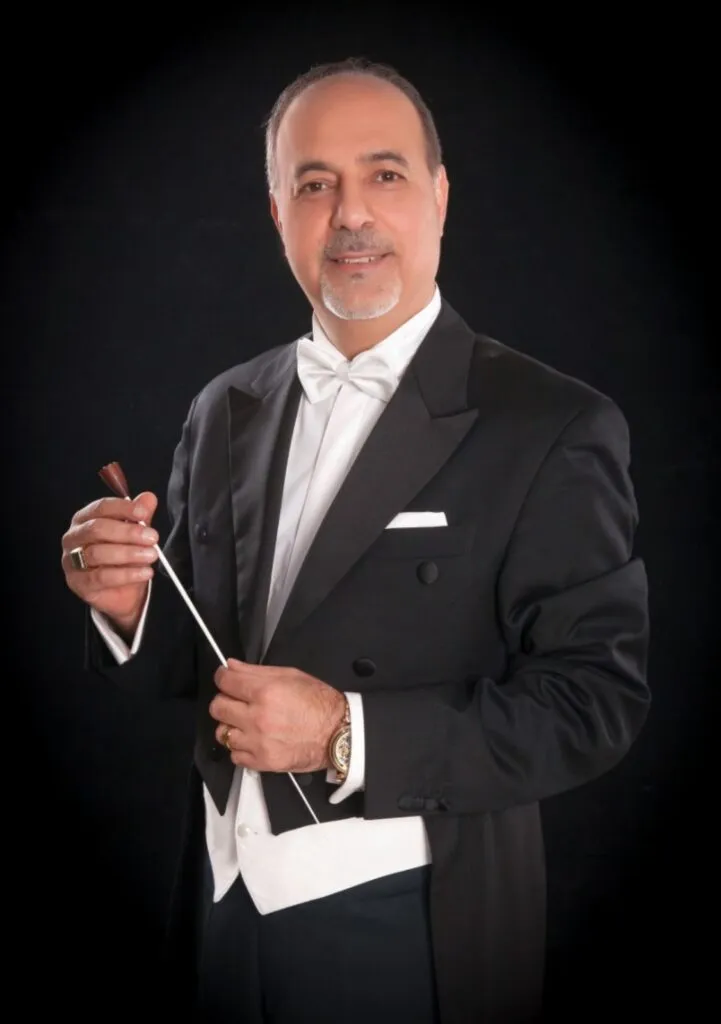
Today, Sukkarieh stands at the helm of the University of Jordan Orchestra, nurturing the next generation of musicians while composing works that place Jordan’s voice within the global symphonic tradition.
His compositions are anchored in a philosophy of cultural nationalism, where music becomes a vessel of identity. “My passion,” he explains, “lies in blending Eastern and Western traditions—reshaping the classical Western orchestra to reflect an Arab and distinctly Jordanian spirit. Every note carries threads of local heritage. Works such as ‘Sunrise in Wadi Rum’, ‘Sunset in Wadi Rum’, and the ‘Petra Symphony’ embody this vision.”
For Sukkarieh, creativity is not a matter of waiting for inspiration.
“A true composer must be equipped with the tools of his art. We cannot rely on fleeting sparks of muse. Creativity emerges from discipline, knowledge, cultural awareness, and refined artistic instinct. It is the wealth of science, tradition, and heritage that ultimately breathes life into a symphony.”
Music, he insists, is a universal language, one that transcends borders and backgrounds, carrying its own alphabet.
And yet, composing a symphony demands patience. Some take months; others may require years. “The ‘Symphony of the Hashemite Kingdom of Jordan’, for example—a grand work of five movements charting the journey from the Great Arab Revolt to the present day—required a full year of preparation and orchestration.”
Despite his international acclaim, Sukkarieh remains rooted in authenticity. His works are not written for critics but for people—for students, family, and communities.
“My first audience has always been my family and my students. Their feedback matters most before I release a work to the world.”
Among his celebrated creations is ‘Bride of the North’ (عروس الشمال), a symphonic homage to his hometown of Irbid. This piece, enriched with the oud (lut), nai, kanon, and riq, captures both the beauty of northern Jordan’s landscapes and the spirit of its people.
Performed by the Lebanese Orchestra for Arabic Music in Beirut in 2014, it has since echoed across the Arab world and beyond. “I could not overlook Irbid,” he reflects. “It is the land of my birth, and it deserved a work that carries its essence.”
His contribution to Jordan’s cultural heritage has earned him numerous accolades, including the prestigious Independence Medal (First Class) given to him by His Majesty King Abdullah II as a recognition of his enduring impact on the nation’s musical identity.
And yet, Sukkarieh’s journey continues. “I have had the privilege of performing in international concerts across Europe, the Arab world, and China.
Looking ahead, Sukkarieh is preparing to launch his next project, “The Music of Salome”, a powerful work that narrates the dramatic story of the beheading of John the Baptist.
Haitham Sukkarieh is not only a composer, but a custodian of heritage and a visionary for the future. Through his music, Jordan’s voice finds new harmonies—echoing across borders, inspiring generations, and ensuring that the nation’s story is forever told in the universal language of sound.

